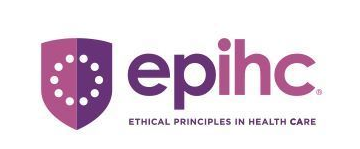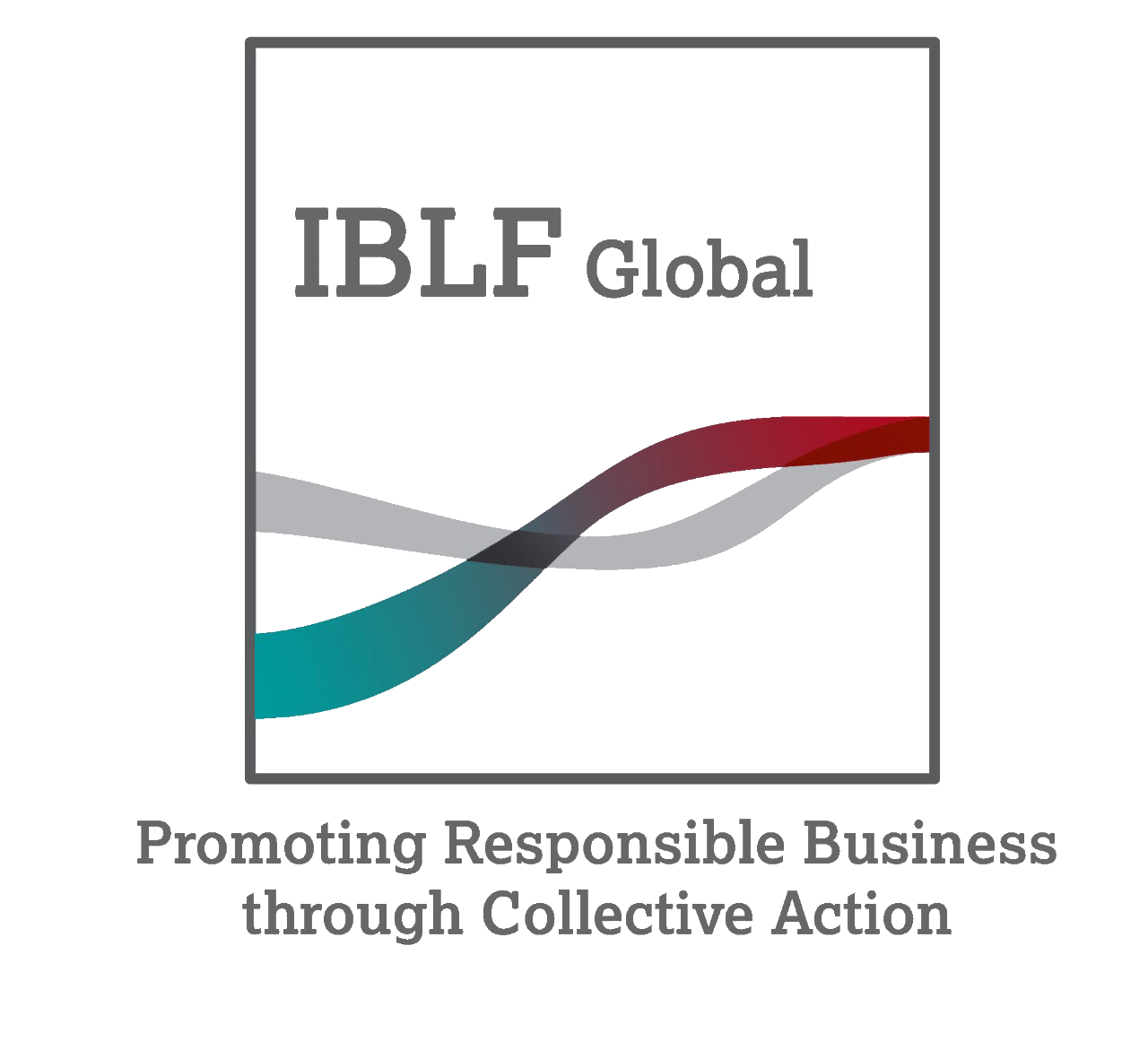Towards a Culture of Integrity in hospitals
In June 2023, Brook Horowitz, the CEO of IBLF Global, an NGO dedicated to promoting responsible business practices in developing markets, presented the findings of a project looking at the corruption risks in a hospital in a middle-income country. Here he discusses some of the lessons learned. [1]
16 November 2023
During the pandemic, corruption took a similar form wherever it occurred: collusion in bidding for public contracts, false labelling of origin, false declaration of certificates and approvals, mis-selling of vaccines and PPE, circumventing the official procurement processes, bribery of public officials, use of private channels and “friends in high places”, misappropriation and embezzlement of public funds… the list goes on. Indeed, many countries are only now beginning the investigation into what went wrong and who was accountable.
The emergency which prevailed during the pandemic exacerbated the weakness of pre-existing processes around acquisition of essential equipment and services. In short, rules and state controls were broken, and codes of conduct ignored.
The pandemic brought to light multiple corruption scandals and illustrated the deleterious effect on the spending of public funds, and ultimately, on patient healthcare. Even before the pandemic, there was a litany of scandals around contracting for IT or construction, overcharging insurance companies for medical services and supplies, and innumerable conflicts of interest. According to figures quoted by the Global Network for Anti-Corruption, Transparency and Accountability (GNACTA), the global average loss rate from health care fraud and abuse is estimated to be 6.2% of total health expenditure per year and up to 140 000 child deaths per year are caused by corruption. [2] Corruption compromises people’s access to universal healthcare, undermines the quality of treatment, and destroys trust in the healthcare system.
I’d like to share some of our experience in assessing corruption risk in hospitals. The subject of our project was a large hospital group in a middle-income country. The Board had asked us to review the compliance policies and practices and we embarked on this through what we call a “Compliance Landscape Survey”. This involved an online questionnaire distributed by the management to over 1000 members of staff at all levels, and face-to-face interviews with 20 top managers. This was a small but significant proportion of the entire hospital group, which we felt was a representative sample.
I can’t go into the specific findings which are naturally proprietary to the hospital, but here is a selection of some of the learnings from our research.
- Defining integrity: One of the most important aspects of managing integrity is establishing a common definition of integrity. We asked questions around their understanding of “ethical values” – do the staff know the ethical values of the hospital? Do they understand them? Do they agree with them? Do they put them into practice in their everyday work?
- Consistency: How consistent was the understanding of ethical values throughout the hospital? We investigated whether the messaging of values and integrity was the same for medical and administrative staff, senior management and junior, and geographically consistent. How thoroughly were the code of conduct and employee handbook distributed throughout the group? How frequently was compliance training rolled out, what methods of communication were used? How effective was it? How was “effectiveness” measured?
- Openness: In most societies, and especially in developing countries, many people are not comfortable speaking about ethical values, but it is critical in establishing a basis of trust within the organization. How open were the employees to discussing integrity amongst themselves? How open were they to discussing corruption risks with senior management or even with our external research team? In fact one noteworthy achievement of our project was to enhance the comfort zone of the employees to discuss ethical values and integrity openly.
- Reporting and enforcement: Whether it is reporting violations to senior management or whistleblowing to the public authorities, this is one of the hardest areas of building a culture of integrity. In many societies, reporting and whistleblowing are anathema, at best avoided, at worst abused; yet there is no more effective way of flushing out fraud and corruption. What reporting system does the hospital have? Can a report be filed anonymously? Can the whistleblower be sure that the report really is anonymous and that he or she will be protected? What are the disciplinary procedures? Can the whistleblower be confident that action will be taken against the person engaging in corrupt activities?
- Beyond the employees: Most compliance programs understandably focus on the organization’s staff – the internal employees. But, as we discussed in the introductory paragraphs, much corruption occurs on the fault line between the internal staff and external suppliers, that is to say in a hospital’s procurement. Who is ultimately accountable for procurement? How are the processes defined and managed? What controls are there such as internal or external audit? How are the hospital’s ethical values explained and extended to the suppliers? How do managers declare their relationships with public officials and government decision-makers? How are potential conflicts of interest tracked and acted upon?
The answers to these questions showed us that the hospital in question had quite good controls in place, but more could be done to mitigate risk. We made a number of concrete recommendations which were immediately taken up by the hospital’s team. Here it helped having the full-hearted support of the Board and top management throughout the project: our research team was offered multiple opportunities to present our findings and recommendations to the Chairman, the executive Board and to senior management. The project culminated with an away-day for top managers who enthusiastically engaged in a group exercise to make their hospital a model of integrity.
In conclusion, what the project demonstrated overall was how corruption, directly or indirectly, can put patient care at risk. The direct impact is in the inappropriate channeling of funds and resources away from the patient and towards the personal benefit of interested parties. The indirect impact is the perception of corruption: even if petty theft, small gifts and facilitating payments are not actually taking place, even the hint that they may be, undermines trust at all levels of a hospital’s operation, from the administration to the clinical staff to the patient, and makes quality care provision all the more difficult to guarantee.
[1] EPiHC webinar: assessing the integrity culture in private hospitals: new approaches, 20 June 2023
[2] Integrating a focus on anti-corruption, transparency and accountability in health systems assessments

Ethical Principles in Health Care (EPiCH)

Article by CEO of IBLF Global
Brook Horowitz

